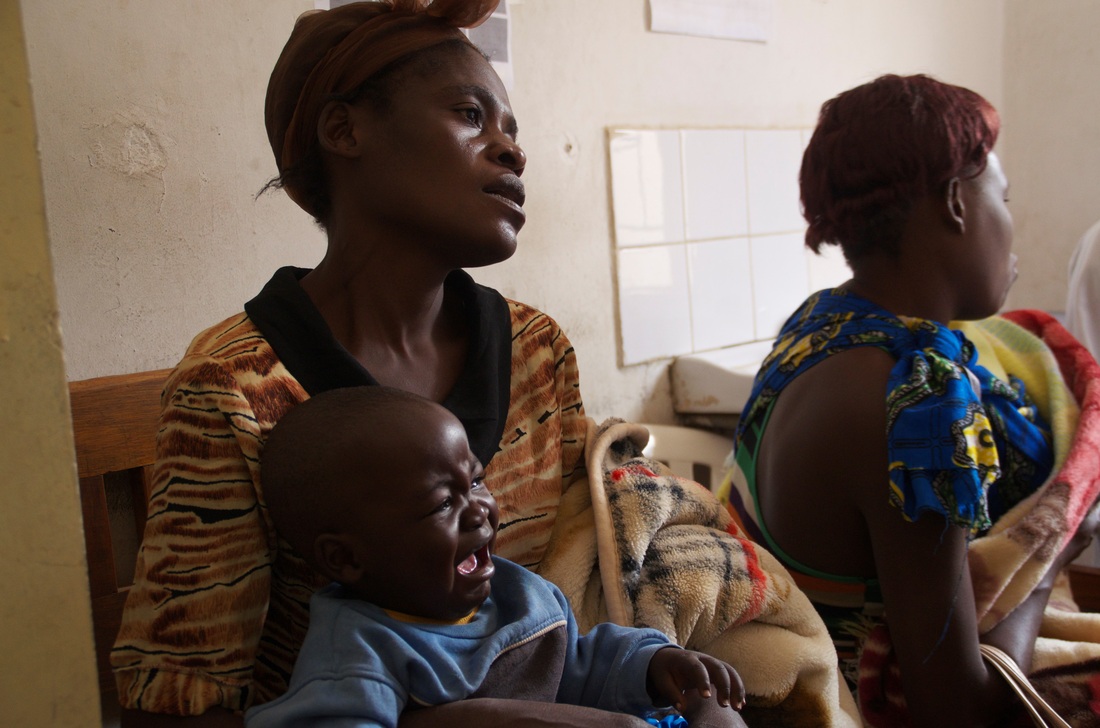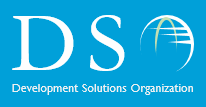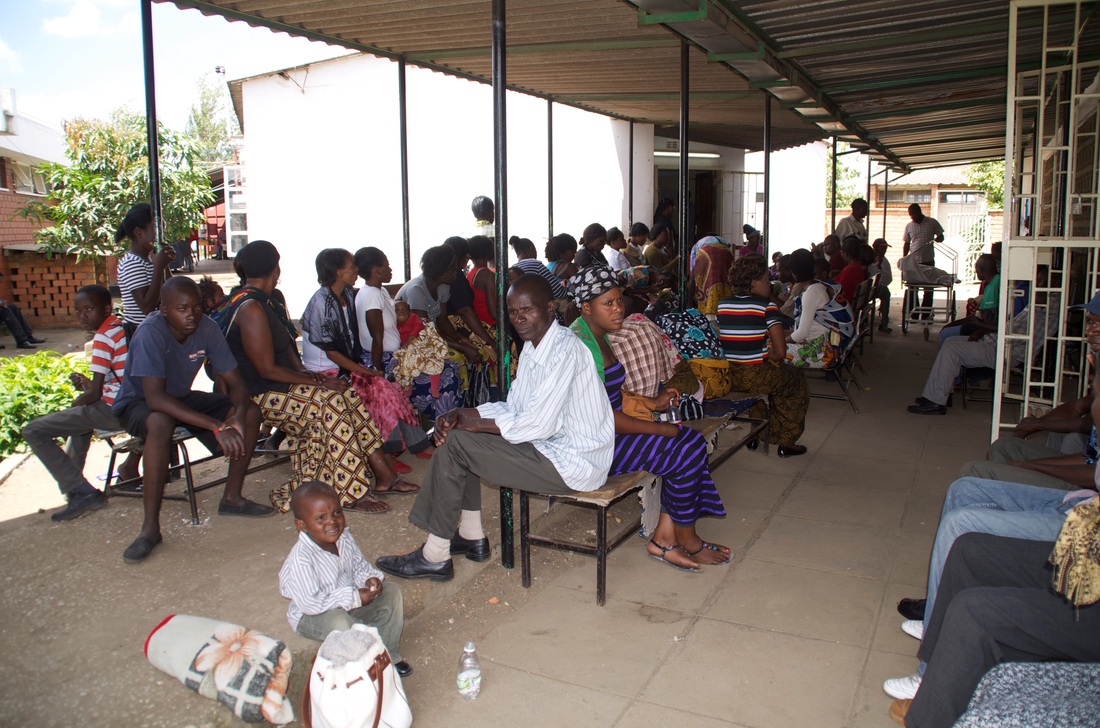Once you are HIV positive, there is no cure. To survive, you need to take antiretrovirals every day for the rest of your life. Or as one patient stated, “You start treating pills like food”. Zambia currently has an AIDS epidemic with over ~12% of the population between 15-45 being HIV positive. Over the past 2 weeks, I have been working with 3 other classmates in an ART clinic working on a project to improve overall patient wait-time. Once a week, the clinic has a pediatrics day where children are invited. Many of these children have been infected since birth as a result of their mothers having a lack of access to drugs, having a lack of awareness of their status, or not being adherent to a proper drug regimen. Luckily the Government of Zambia has spearheaded multiple initiatives to improve access to medication to people in low income communities. Although progress has been made, the current state remains an epidemic and further solutions are required to help solve the epidemic.

Spending time at a local clinic is both exciting and depressing. It is exciting because there are areas for improvement in patient wait-time and the overall patient and staff experience. On the other hand improving patient wait-time, does not change the depressing fact that the patients (both children and adults) are HIV positive and will need to take drugs for the rest of their lives. It can be easy to be overwhelmed by the depressing nature of the problem, the occasional body bag, or a HIV positive infant, but it is critical to get excited about the improvement areas. These areas will be incremental and will not immediately solve the HIV epidemic in Zambia. Additionally, ideas must be socialized and built collaboratively with local field workers. Empowered staff members are the key to lasting change and on-going improvement. Doing this is not simple. In the process of trying solutions, many ideas will fail, but through lessons learned from failures other ideas will make impact and incremental progress. This incremental progress is hugely rewarding and impactful and the reason why more of us need to work on the world’s biggest challenges.

Contributed by Saurabh Sanghvi

